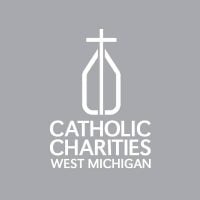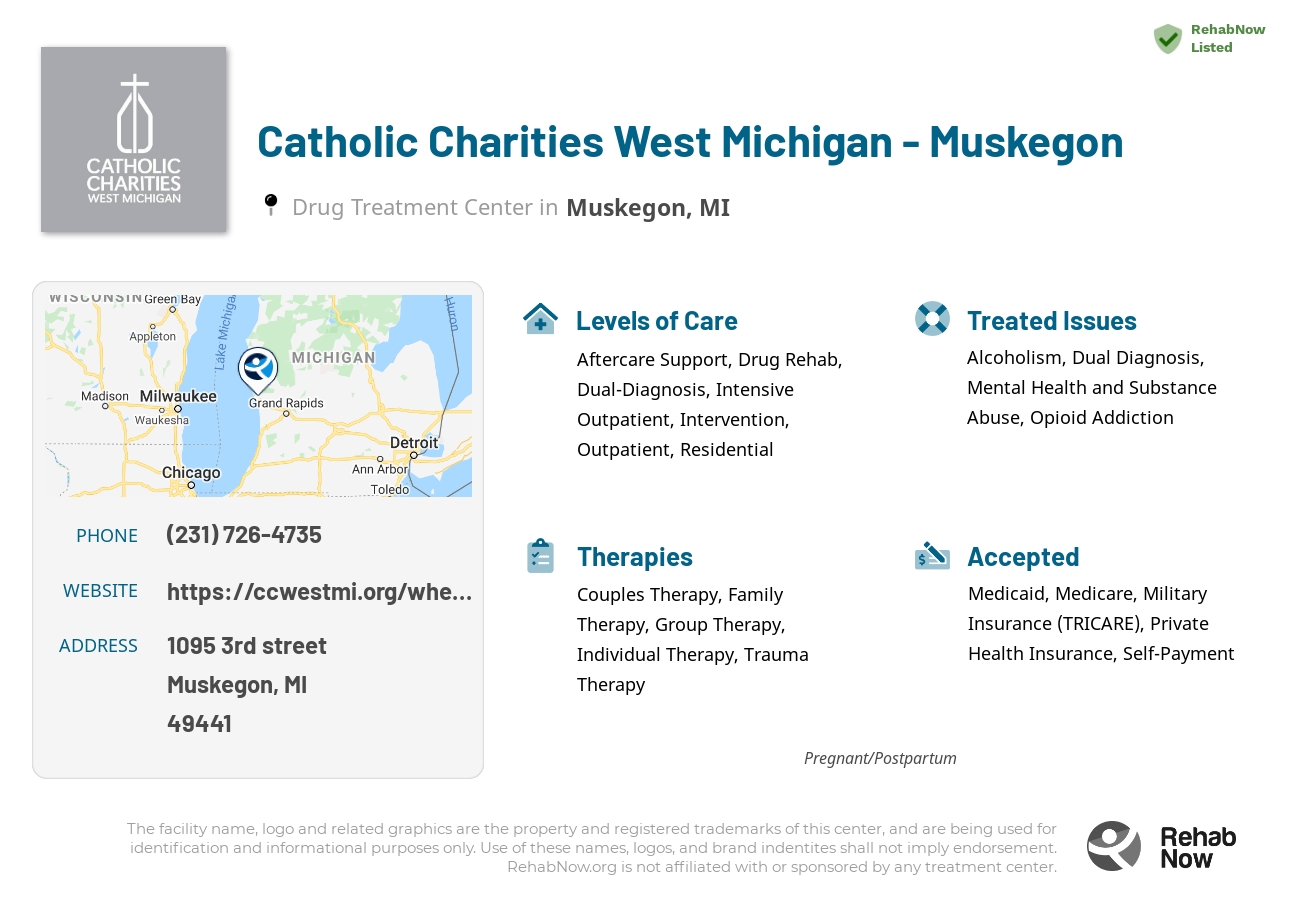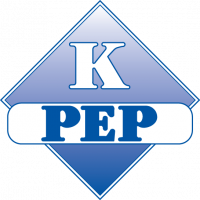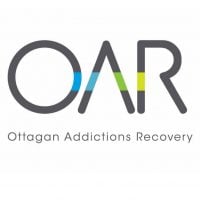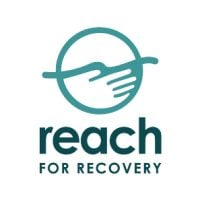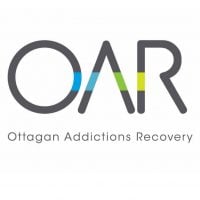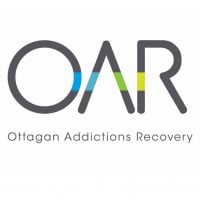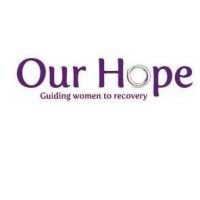Catholic Charities West Michigan - Muskegon
Drug Rehab Center in Muskegon, Michigan
Catholic Charities West Michigan - Muskegon offers assessments, counseling, and outpatient treatment programs focused on helping individuals overcome addiction and substance abuse issues, with services including therapy, recreational activities, education, and community-based interventions incorporating evidence-based therapies for lasting recovery.
About Catholic Charities West Michigan - Muskegon in Michigan
Catholic Charities West Michigan - Muskegon is a branch of Catholic Charities in Michigan that offers a variety of services and programs dedicated to helping individuals overcome addiction and substance abuse issues. The professional staff provides a wide range of assessments, counseling, and outpatient treatment programs in Muskegon, MI, focusing on the individual's needs, while helping to improve their overall quality of life. Services offered include individual and group therapy, recreational activities, and various education services to address mental health and substance use disorders. The facility is also equipped to provide community-based interventions, such as life skills training and employment programs, as well as spiritual and emotional support.
At Catholic Charities West Michigan – Muskegon, the team is committed to helping individuals identify and manage their own recovery goals. Through the use of Motivational Interviewing and Cognitive-Behavioral Therapy, clients are encouraged to explore the root causes of their addiction and work to create positive behavior changes. As a Recovery Supportive Service, individuals can access support networks and resources to continue their journey to successful recovery. The team is also committed to providing comprehensive care plans for lasting recovery, by integrating an array of evidence-based therapies, including Relapse Prevention, Dialectical Behavioral Therapy, and Substance Use Disorder Psychoeducation.
Catholic Charities West Michigan - Muskegon is dedicated to providing comprehensive and integrated care, and has been recognized as an accredited facility by the Commission on Accreditation of Rehabilitation Facilities (CARF). The facility also holds a license by the State of Michigan Department of Human Services and has met the rigorous standards of The Joint Commission. Additionally, the team offers specialized addiction programs such as the Fatherhood and Support Services Program, dedicated to helping men understand the impacts of addiction and how to create a life of sobriety.
Genders
Ages
Modality
Additional
Conditions and Issues Treated
Opioid addiction is a common form of addiction, often caused by prescription drugs that are abused. Addiction is treated by detoxifying the body and following up with therapies to correct behavior and target the root of the problem.
Most opioid addiction begins with patients being prescribed painkillers after an injury or surgery. The body becomes used to the chemicals in these medications and soon no longer responds to their presence. As a result, addicts seek out stronger opiate-based medications like Oxycodone to compensate for the lack of effectiveness.
The most dangerous aspect is that these addictive behaviors often get carried over onto illicit drugs like heroin, which are increasingly potent and result in lower life expectancies.
Dual Diagnosis treatment centers like Catholic Charities West Michigan - Muskegon provide this treatment tailored to the patient’s specific needs, and they also have a specialized focus on addiction treatment. Drug and alcohol addiction often coexists with another mental illness, such as depression or schizophrenia. In other words, drug addiction is only a symptom of a deeper problem.
When addiction enters into the picture, it can often lead to dangerous consequences in the addict’s life. For example, when addiction is paired with major depression, it can lead to suicidal thoughts or actions. When someone is addicted to drugs or alcohol, they often experience a failure to control their impulses and difficulty decision-making.
Dual diagnosis for drug addicts can be very effective when treating drug addiction in Muskegon, MI.
Levels of Care Offered
This center offers a variety of custom treatment tailored to individual recovery. Currently available are Aftercare Support, Drug Rehab, Dual-Diagnosis, Intensive Outpatient, Intervention, Outpatient, Residential, with additional therapies available as listed below.
Intensive Outpatient Programs (IOPs) are a form of drug treatment that allows individuals to receive the therapy they need while remaining in their homes and community. IOPs allow for the flexibility to continue working and living at home while still meeting treatment demands.
Outpatient treatment programs are less intensive than an inpatient program. Participants live at home while working or going to school. Benefits include being able to continue relationships with family, friends, and work/studies. Treatment includes educating patient on addiction to drugs, medication, and counseling. Benefits include being able to continue relationships with family, friends, and work/studies. Treatment includes educating patient on addiction to drugs, medication, and counseling. Counseling sessions are for either individual or group.
Residential treatment programs are those that offer housing and meals in addition to substance abuse treatment. Rehab facilities that offer residential treatment allow patients to focus solely on recovery, in an environment totally separate from their lives. Some rehab centers specialize in short-term residential treatment (a few days to a week or two), while others solely provide treatment on a long-term basis (several weeks to months). Some offer both, and tailor treatment to the patient’s individual requirements.
Drug rehab intervention aims to make sure patients understand the risks of their addiction and possible outcomes if they continue their behavior. They must learn how their addiction affects those around them and allow a therapy session to help move past the physical symptoms.
Interventions are used in drug rehab to help patients overcome their addiction to drugs. They often include psychotherapy or behavioral therapy, group therapy, family counseling, and peer support. Each intervention is designed to provide a unique perspective of how the addiction occurs and what can be done to stop it.
Aftercare Support in drug rehab is crucial because it helps people stay sober after treatment. The benefits of Aftercare Support are that it provides a pathway that will help people get sober for life. It supports healing at all levels, physical, mental, emotional, and spiritual.
Therapies & Programs
Individualized Treatment is essential because it gives addicts the ability to participate in a program that meets their unique needs. An addict should work with professionals who understand what they’re going through, especially if the addict is actively using.
Trying to find a treatment program that meets your needs can be challenging. It’s even more complicated if you don’t know what kind of treatment you need. Being able to have professionals who are experienced with treating your situation is key to getting sober. Finding the right treatment program for an addict is difficult, but it’s even harder without communicating with those who have experience treating your specific situation.
Couples therapy is beneficial for couples in which at least one partner has a substance use disorder. This type of therapy can help partners improve communication skills, which is an important factor in a healthy relationship. It can also help partners better understand one another so they have a greater understanding of how the other partner may be feeling.
Benefits of couples therapy include:
- Improvement in communication skills
- Increased understanding of the dynamics within a relationship
- Increased sense of support and trust in the relationship
- Better teamwork between partners/increased willingness to listen and work together
- Enhanced tolerance of each other’s shortcomings
- Improved ability to have open, honest communication with each other
Family dysfunction can often be the underlying cause of substance abuse. To get sober, you need to find a different way to cope with the pain in your life. Family therapy can help you and your family deal with old issues that may trigger substance abuse. It will help everyone understand why each member of the family feels and acts the way they do. It can give everyone new tools to manage their emotions so that they don’t want to drink or do drugs.
A person looking for drug recovery should know that group therapy is an essential tool. Group therapy provides accountability and friendship to people with addiction. It is recommended as a lifetime treatment habit. Group therapy occurs in a group setting as opposed to a one-on-one setting. It benefits patients by providing a feeling of support and letting them know they are not alone. Patients at Catholic Charities West Michigan - Muskegon also learn to build trust and understanding and gain perspective through discussions.
If you are looking for a drug addiction treatment program that also provides trauma therapy, then Catholic Charities West Michigan - Muskegon in Muskegon, MI is a great option. The staff at this facility specialize in helping people process and understand the past traumas that have led them to addiction. This approach can help individuals move forward with their recovery and take a better hold of their sober future.
The benefits of trauma therapy at Catholic Charities West Michigan - Muskegon in Muskegon, MI are as follows:
- People will become less likely to engage in self destructive behaviors.
- Their emotional and mental health will significantly improve.
- They will be more confident in their abilities to live an addiction-free life.
- People will be able to connect with other people on a deeper level.
- Their problems with intimacy and trust will improve.
Cognitive behavioral therapy (CBT) is a type of psychotherapeutic treatment that is focused on changing negative ways of thinking that contribute to addictive behavior.
Cognitive behavioral therapy is beneficial for:
- People who are seeking to overcome addictive behavior
- Those who struggle with addictive behavior and mental illness
- People who have a genetic history of addiction in their family
- Those who don’t want to depend on medications
- Those who need a more practical treatment approach
Payment Options Accepted
For specific insurance or payment methods please contact us.
Is your insurance accepted?
Ask an expert, call (888) 674-0062
Catholic Charities West Michigan Associated Centers
Discover treatment facilities under the same provider.
- Catholic Charities West Michigan - Traverse City in Traverse City, MI
- Catholic Charities West Michigan - God's Kitchen in Grand Rapids, MI
- Catholic Charities West Michigan - Muskegon in Muskegon, MI
- Catholic Charities West Michigan - Big Rapids in Big Rapids, MI
- Catholic Charities West Michigan - Grand Rapids in Grand Rapids, MI
Learn More About Catholic Charities West Michigan Centers
Additional Details
Specifics, location, and helpful extra information.
Muskegon, Michigan 49441 Phone Number(231) 726-4735 Meta DetailsUpdated November 25, 2023
Staff Verified
Catholic Charities West Michigan - Muskegon Patient Reviews
There are no reviews yet. Be the first one to write one.
Muskegon, Michigan Addiction Information
Michigan has the second-highest rate of drug and alcohol abuse in the nation. Heroin is linked to more than 50% of the state's hepatitis C cases. Marijuana is the drug most often associated with crimes in Michigan, followed by methamphetamines. Opioids alone are responsible for almost 20% of all drug overdose deaths in Michigan.
Muskegon has one of the highest rates of drug-related deaths in the state. Over 1,000 hospitalizations in Muskegon County were due to drugs and alcohol in 2016. Heroin addiction is at its peak in the city. Drug treatment in Muskegon, Michigan can differ depending on the person's needs and situation. However, most drug treatment programs will offer detoxification services, individual or group counseling, and aftercare planning.
Treatment in Nearby Cities
- Dearborn Heights, MI (163.3 mi.)
- Saint Ignace, MI (197.5 mi.)
- Fraser, MI (174.0 mi.)
- Harper Woods, MI (177.5 mi.)
- Lincoln, MI (173.4 mi.)
Centers near Catholic Charities West Michigan - Muskegon
The facility name, logo and brand are the property and registered trademarks of Catholic Charities West Michigan - Muskegon, and are being used for identification and informational purposes only. Use of these names, logos and brands shall not imply endorsement. RehabNow.org is not affiliated with or sponsored by Catholic Charities West Michigan - Muskegon.
